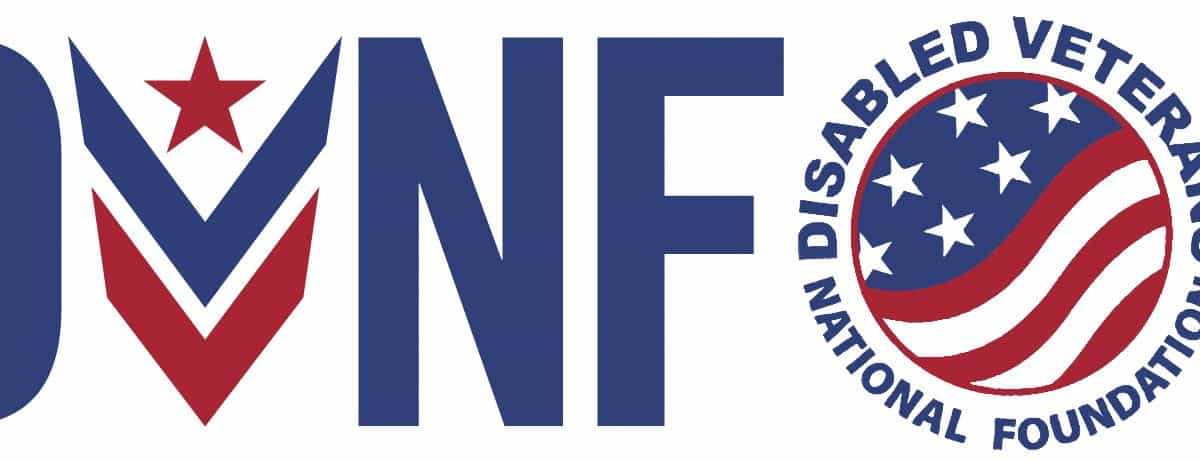May is Mental Health Awareness Month
May is Mental Health Awareness Month, and at DVNF, this holds added meaning. Mental health is a common issue that’s mentioned when talking about veterans.
Military service not only challenges veterans physically; it tests them mentally even more. And when it comes to combat, the mind is just as vulnerable to injuries as the body.
Combat has changed drastically over the course of several decades. While advancements in modern technology and medicine have helped save lives, is it coming at the expense of our veterans’ mental health?
TBI
Traumatic brain injury (TBI) is becoming more prominent in today’s warfare. In fact, according to the Defense and Veterans Brain Injury Center (DVBIC), among post-9/11 veterans, more than 360,000 have suffered a TBI, accounting for 22% of combat casualties.
This injury can be a problem that’s relatively minor and temporary. Or, it can be a long-term and debilitating issue that affects a veteran the rest of his or her life, and anything in between.
PTSD
Similarly, post-traumatic stress disorder (PTSD) has also become a major factor affecting thousands of veterans. It isn’t primarily limited to newer veterans, either. Vietnam veterans have fallen victim to this illness for decades. An estimated 31% of Vietnam vets have suffered from PTSD at some point.
Veteran Suicide
A more disturbing trend has come about, however. Suicide. Nearly 20 veterans each day take their own lives. For veterans undergoing PTSD, TBI, and/or depression, life can be extremely difficult. Family and financial issues often exacerbate this problem. And while the average daily total has dropped in recent years, suicide amongst women veterans has been on the rise.
This month, DVNF wants to help raise awareness about the impact these invisible wounds can have on veterans. Our hope is that we can reach veterans in crisis, and encourage them to get the help they need.
There’s no shame in getting help when you need it. So let’s #BreakTheStigma.



